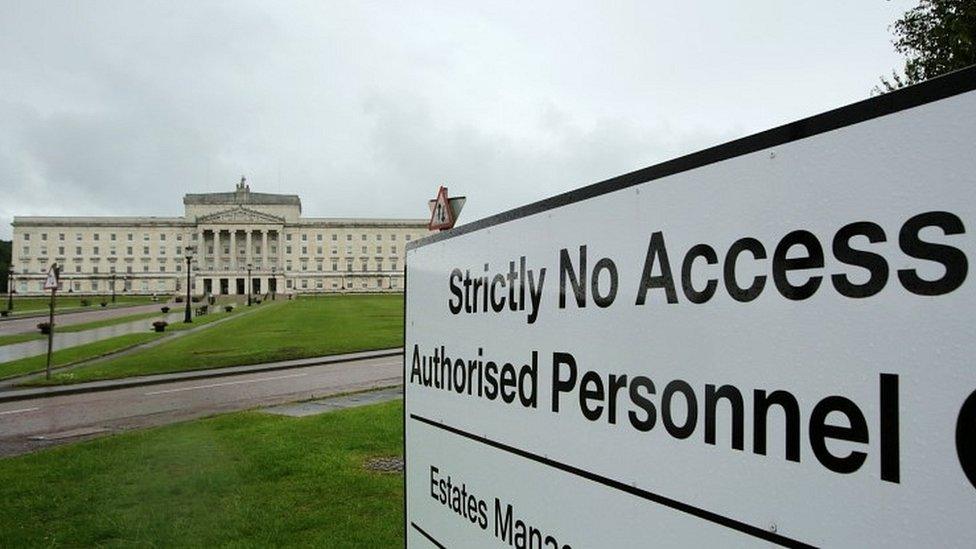Significant gaps in Stormont talks, says Theresa May
- Published
- comments
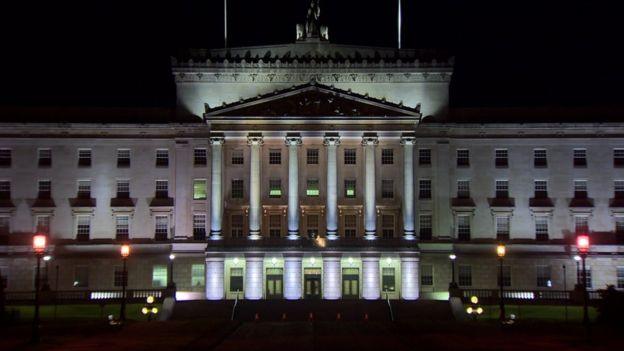
Democratic Unionist Party and Sinn Féin politicians remained locked in talks on Monday evening
There are "significant gaps" between Northern Ireland's two main parties in negotiations to restore power-sharing, according to the government.
Democratic Unionist Party and Sinn Féin politicians remain in talks in a bid to end a 10-month deadlock at Stormont.
The prime minister's spokesman said she does not want to see direct rule from Westminster return to the region.
But Theresa May's government has warned it will legislate for a budget if there is no deal this week.
Northern Ireland has been without a devolved administration since January, after a bitter dispute between the two parties sparked by the handling of a botched green energy scheme.
In spite of several rounds of discussions, a deal to restore devolution has proved elusive, with Sinn Féin's demand for legislation to give official status to the Irish language seen as the main dividing issue.
Without no resolution in sight, the government has warned it will have no choice but to intervene, increasing the prospect of direct rule being imposed.
Pay-cut call
The DUP accused Sinn Féin representatives on Monday of "dragging their feet", and called on Westminster to press ahead with its budget plan in order to ensure a "measure of good government" for Northern Ireland.
The party said it would continue the discussions as it believes "devolution is best for Northern Ireland".

Analysis: Enda McClafferty, BBC NI political correspondent
The clocks moved back at the weekend and so, too, it seems did the prospects of power-sharing.
The gulf between the DUP and Sinn Féin appears to have widened and the finger-pointing has started.
The latest phase of negotiations looks set to unravel on Monday and the Northern Ireland secretary will have to step in and legislate for a budget.
That is the easy part, but plotting the next phase of the talks will be the big challenge.
The chances are that the clocks could be on the move again before we see power-sharing return to Stormont.

But it warned it would not be a part of a "bad agreement cobbled together to suddenly suit the timetables of others".
Sinn Féin has said a deal "can be done", but the DUP has said that will only happen when the nationalist party drops its "red-line demands".
Sinn Féin President Gerry Adams, Mary Lou McDonald and Pearse Doherty have joined the party's negotiating team in Belfast.
Northern Ireland secretary James Brokenshire and Irish Foreign Affairs Minister Simon Coveney have held meetings with the political parties throughout the day.
Shadow Northern Ireland secretary Owen Smith said a decision to implement direct rule would be a "major backward step".
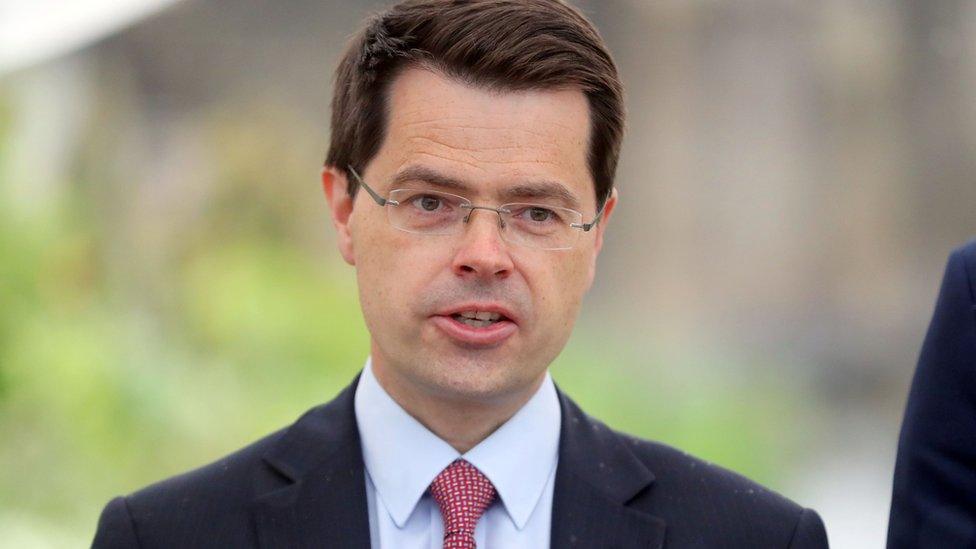
James Brokenshire has warned he will legislate for a budget next week if there is no deal
Alliance Party leader Naomi Long said MLAs should face a 30% pay cut if a deal to restore devolution is not done this week.
MLAs have received their full salaries even though the Northern Ireland Assembly has not been operating during the deadlock.
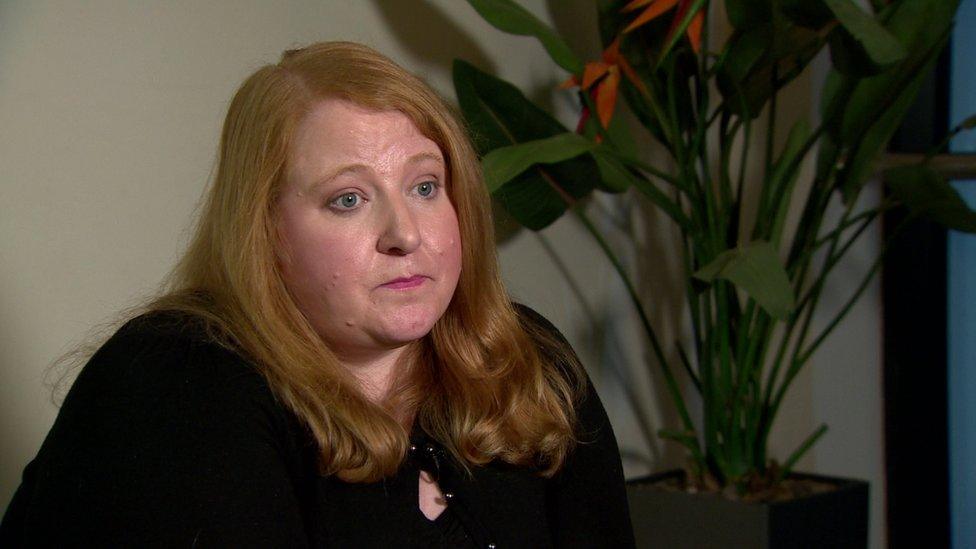
Naomi Long said she is not calling for a complete cut to pay but 30% is a "starting point"
Mrs Long said: "There was a previous assessment that about 70% of what an MLA does is outside the assembly and about 30% is in legislation.
"I think it's about time that the salary was readjusted, at the very least, to reflect that."
The cost of running Stormont in the interim has been controversial, with many commentators calling for MLAs' salaries to be stopped.
Last month, Mr Brokenshire said that assembly members' pay would need to be examined in the absence of devolution.
Smaller parties have complained that they have been excluded from the talks between the DUP and Sinn Féin.
The Ulster Unionist MLA Doug Beattie said: "We are, regrettably, going towards direct rule, and that is a real shame because devolution is a real positive for Northern Ireland and we should try and make that work."
But the SDLP leader Colum Eastwood warned against a move towards direct rule from Westminster.
He has suggested a "joint stewardship" arrangement involving both the UK and Irish governments.
- Published28 October 2017
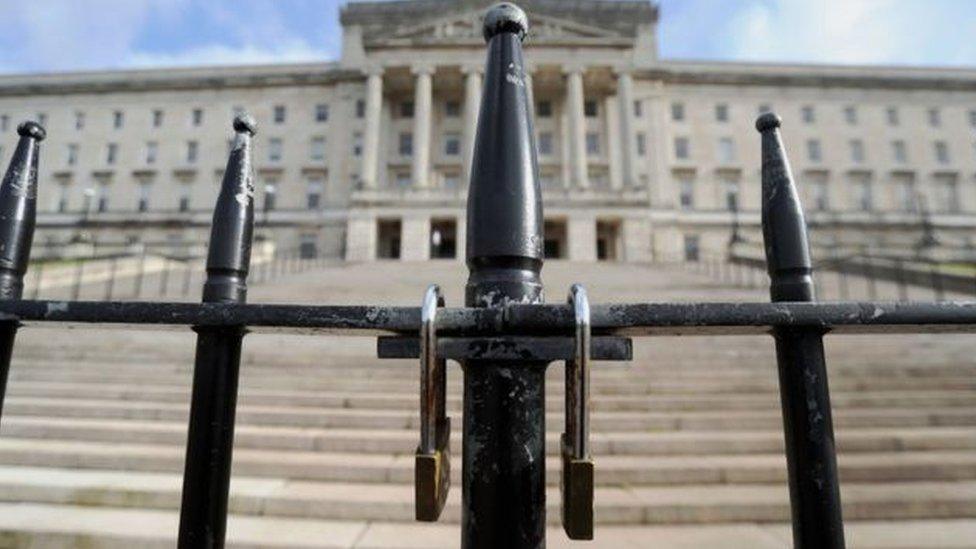
- Published25 October 2017
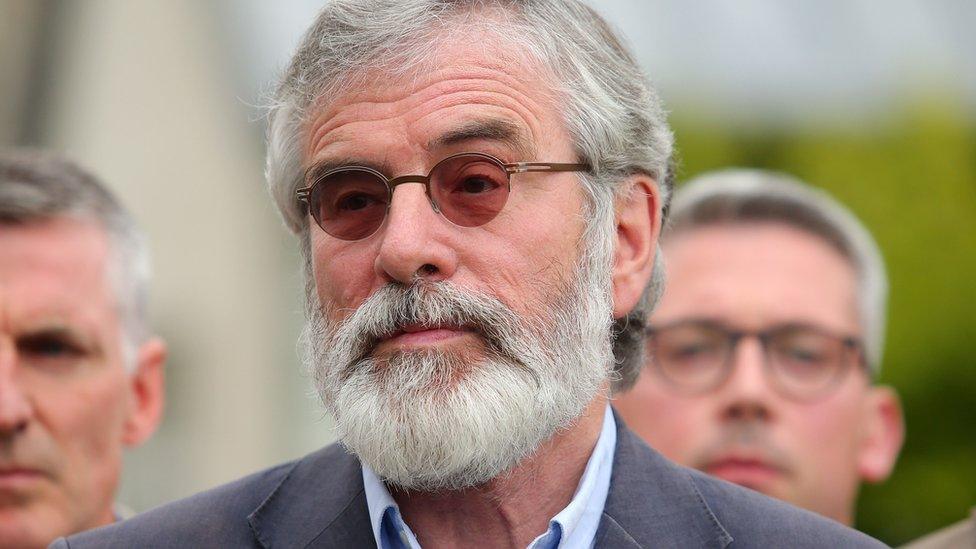
- Published23 October 2017
